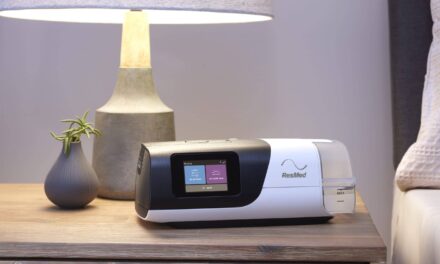A SLEEP 2018 poster presentation examined what variables predict success for this alternative for patients who fail CPAP.
For patients who fail to adhere to CPAP therapy, maxillomandibular advancement surgery has a success rate of 89% for moderate to severe obstructive sleep apnea (OSA) patients, according to a study presented as a poster at SLEEP 2018. The research abstract, published in the journal Sleep, also evaluated radiographic and clinical treatment variables that may predict the surgery’s success.
“We thought about different ways of what we could find for predictors of success for addressing obstructive sleep apnea,” says Daniel Taub, DMD, MD, an author of the study. “And so we just compiled some data looking at the success rate of what we had and tried to figure out what variables are used to predict success.”
The study was a retrospective analysis looking at patient data and doing some radiographic calculations to see what variables they could find in the successful population compared to the failures. It found that patients in whom the surgery was successful had shorter cephalometrically established Pogonion-CE and cross section airway than other patients. Body mass index, posterior airway space changes, and minimum oxygen saturation levels were not linked with predicting surgery success.
There is a large population that fails CPAP therapy and aren’t candidates for other treatment options, Taub says. “So, this is sort of a last resort where you’re doing a surgical intervention,” he says. “After this, whether you consider it a failure or success—depending on what the level of AHI is afterwards—they could be potential candidates for CPAP again.”
Dillon Stickle is associate editor of Sleep Review.





